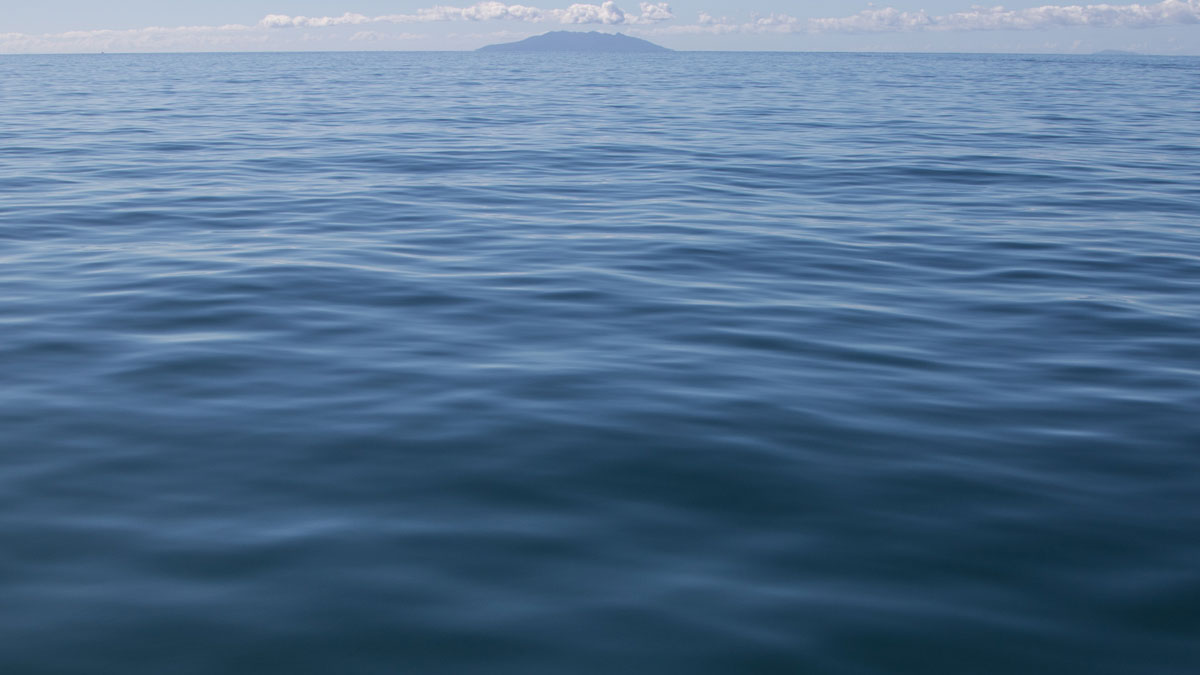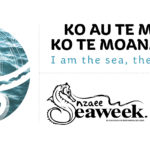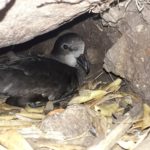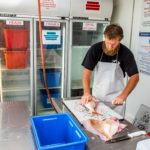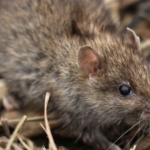It’s a long solitary drive across the open Hauraki plains – the flat expanse broken only by brown rivers that wend their way to the Firth of Thames. Then mixing with the traffic going over the Bombay Hills and heading into the boil up that is Auckland city.
Hauraki Mayor John Tregidga has been making the trip in his role as chairman of the Hauraki Gulf Forum for eleven years now and says the 5am starts are something he’s not going to miss.
Coming up 70, Tregidga reckons it’s time to slow down – to work on his garden and tend to his latest fascination – a worm farm.
“Every school in the district should have one,” he says.
Getting the word out about a good idea, educating the next generation, looking after what we have before we lose it are messages that keep cropping up in our conversation.
He is unhappy so much of the steep landscape on the Coromandel Peninsula has been planted up in pines and expects the marine life on the Gulf floor will suffer under sediment when they are felled.
“They should be replaced with natives and then left alone,” he says. “If introduced predators were also eradicated on the peninsula, it would become a huge draw card for tourists, so close to Auckland.”
One of his many local successes is Hauraki and surrounding districts’ popular cycling trail.
“Tourism is part of the reason for investing in restoration and protection of the Gulf”, he says, and resists the rhetoric of many politicians who talk about choosing between the economy and the environment.
Set up under the Hauraki Gulf Marine Park Act in 2000 with representatives from Conservation, Fisheries and Māori Affairs government agencies, the Auckland, Waikato Region, Thames-Coromandel, Hauraki, Waikato District and Matamata-Piako councils, and gulf and island tangata whenua, the Hauraki Gulf Forum was always going to be a challenging beast.
“There were different egos and agendas, and, at the end of the day, the Forum has few teeth,” he says. “Where we have had success is through our convening mandate and a moral authority.”
The first two triennial State of the Environment reports produced by the Forum, in 2004 and 2008, convinced him the gulf was in bad shape and the public needed to wake up or its ecosystems could be lost.
After becoming chairman in 2007 Tregidga started pushing to get the ‘real’ story about the state of the gulf out to the public.
Tim Higham was brought on board as Executive Officer and communications ramped up through newsletters, a series of guides on resource management and fisheries in relation to the marine park, annual marine park seminars at the Auckland Museum and beautifully illustrated posters tucked into the New Zealand Herald and sent out to all schools.
Work on marine spatial planning – a concept new to New Zealand – was commissioned and discussed at public seminars.
But it was the third state of the environment report in 2011 that put the health of the Hauraki Gulf firmly in the public eye. The report showed the park was in slow decline from the combined effects of intense fishing, heavy nitrogen loadings from farming on the Hauraki plains and pervasive sedimentation.
The report hit the front pages of the papers and caused consternation among some agencies and, not surprisingly, denial from some quarters.
“Interestingly, if you look back now,” Tregidga says, “the narrative is accepted and it has been the catalyst to get a lot of conversations and action started.”
The Forum helped initiate talks to reduce the speed of ship traffic through the Gulf to an internationally-recognised safe target of 10 knots to protect the resident Bryde’s whale population. Five years on, Ports of Auckland and shipping lines have been able to achieve that without regulation, an outcome that no other country has been able to do.
“Usually it’s a protracted and expensive legal process but we showed if you can get everyone sitting around the table talking, with goodwill and transparency, then it’s surprising what can be achieved,” he says. There has been just one reported Bryde’s whale death from ship strike in four years compared to the previous long-term average of two deaths per annum.
A community mussel restoration group swung into action off the back of a Forum seminar and is making progress in showing the massive mussel beds that once covered 1200 square kilometres of gulf floor, before being destroyed by commercial dredging, can be brought back.
Tregidga says the big prize was the Sea Change – Tai Timu Tai Pari marine spatial planning process which took mana whenua and stakeholders three years to produce.
Despite it not yet being picked up by government he is hopeful that – like the State of our Gulf reports – it will become accepted the sensible way to go – a multi-generational approach where everyone accepts responsibility for their part in environmental management.
He believes Foundation North’s decision to create the Gulf Innovation Fund Together – a $5million investment in projects to restore the mauri of the Gulf – is an important legacy of the Forum’s work.
Tregidga is going to stay on the Forum to the end of this term, when he will also retire as one of New Zealand’s longest serving mayors.
“I have always worked very closely with the tangata whenua and believe they have an important and special contribution to make to governance in this country.”
Tregidga leaves the role of chairperson feeling that despite the increased profile of the Gulf and collaboration successes during his time, much more needs to be done.
Improving the health of the Gulf will require greater commitment from central and local government, as well as responsibility by all who use and enjoy the Gulf.
“If we don’t change our thinking and take necessary action now our grandchildren will be left to pick up the pieces. That’s not something I want. Like most New Zealanders, I want future generations to experience the beauty and the bounty of the Hauraki Gulf in the same way we have, for many, many years to come.”
Tregidga is looking forward to loosening his tie, getting out into the garden, and tending the worm farm.
I suspect though that it won’t be too long before someone comes knocking, looking for a word from the wise.




